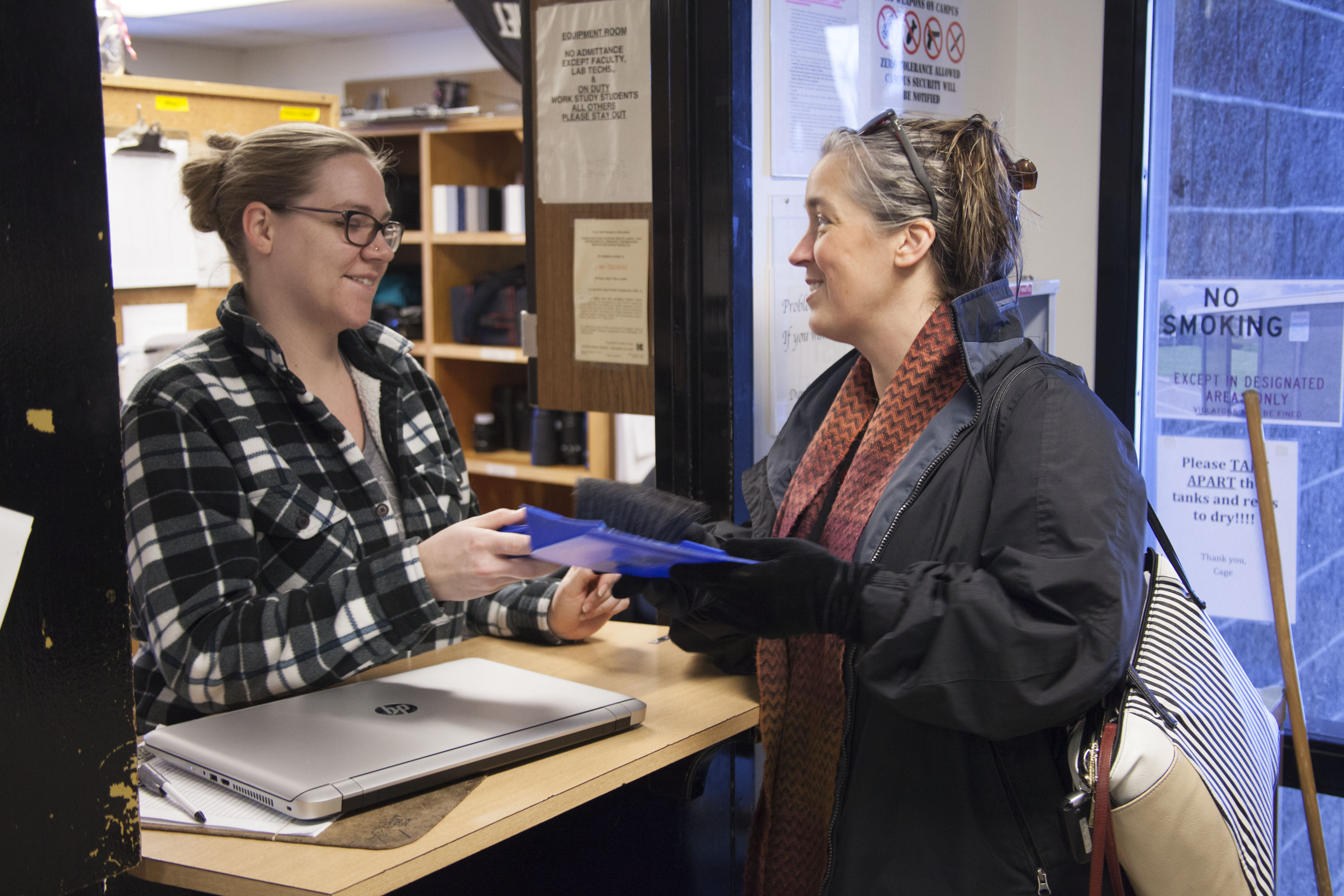Joy Putnam
Minimum wage workers, including many SFCC students, just got a raise. On January 1, 2017, the minimum wage was raised from $9.47 per hour to $11. Thanks to Initiative 1433 (I-1433) which passed with nearly 60% of the vote in last November’s general election, the raises will keep coming. Minimum wage workers can expect a raise every January through 2020, when the wage will go up to $13.50 per hour. I-1433 also provides for paid sick leave.
One argument against I-1433 is that it will discourage new businesses from coming to Washington. Instead, new businesses will relocate to states with a lower minimum wage.
“I don’t think that that’s going to be a big factor,” said Mark Wylie, Economics Instructor at SFCC. “It’s not like these are jobs in factories where they can manufacture in one state or the other.”
Opponents say a better solution is to raise the federal minimum wage to even the playing field. The federal minimum wage is set by the Department of Labor and is the lowest amount any state can pay for minimum wage. Currently, the federal minimum wage is $7.25 per hour. Proponents of this plan argue that a higher federal minimum wage, $12 per hour, would make individual states less likely to price themselves out of the market.
“In theory, it would be a desirable thing, but we have to be taking into account what is the political reality right now,” said Wylie. “The only realistic way of raising the minimum wage is to do it at the state level.”
This initiative will have an impact on minimum wage workers in Spokane. The city of Spokane is the second largest city in Washington, but it is surrounded by small, rural towns and farms.
“It’s going to obviously raise incomes for a lot of people who work in the service industries that are the main ones that employ minimum wage workers,” said Wylie. “The ripple effects on the larger economy are harder to predict.”
Opponents argue that an increase in minimum wage will drive prices up and if the cost of living goes up, the increase of minimum wage will have no effect. Wylie argues prices will not go up enough to offset the gains they made with the raise.
“Even if employers don’t fire workers as a result of the minimum wage increase they may respond by shortening work hours or reducing on-the-job training,” said Roshan Khattry, Economics Instructor at SFCC.
The initiative is backed by labor unions and worker advocates who say the state’s current minimum wage isn’t enough to live on. Opponents say the minimum wage isn’t meant to be a living wage, but rather an entry level wage. Wylie disagrees.
“The reality is that for an increasing number of people minimum wage jobs are not a starting point, they are something you do in the long term,” said Wylie. “If people are working in these jobs long term they have to make a wage that at least gives them the chance of supporting themselves and their family.”
Washington is an 80% service-sector economy. It depends on consumers who have money to spend. Wylie believes the new minimum wage will put more discretionary income into the hands of workers who will turn around and spend those dollars in Washington.
Although there are still those who disagree.
“I think increasing minimum wage gives people more money to spend,” said Thomas Vogel, student at SFCC. “It’s not the minimum wages fault that people will initially lose jobs, it’s the employer’s.”


